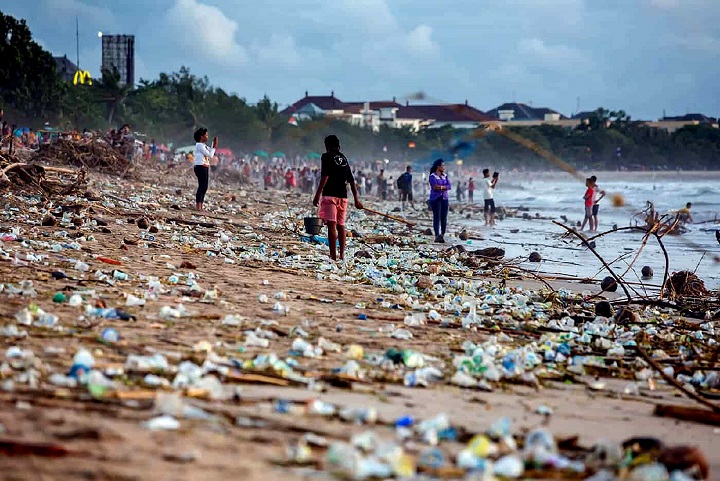SIXTY-seven ministers of the High Ambition Coalition (HAC) to End Plastic Pollution, which Fiji is a part of, have reaffirmed their common ambition to protect human health and the environment from the severe effects of plastic pollution.
The ministers gathered in Busan, South Korea, for the Intergovernmental Negotiating Committee’s (INC-5) fifth and final session last week.
In a joint ministerial statement, HAC members reiterated their strong and united commitment to finalising negotiations on an ambitious and effective treaty based on a comprehensive approach that will address the full life cycle of plastics, as called for in UN Environmental Assessment Resolution 5/14.
“We are heartened by the constructive contributions of the vast majority of INC members to the negotiations and urge all members to step up our collective efforts to meet the world’s expectations,” the statement read.
“We reiterate our commitment to working with all members to establish and extend areas of common understanding and convergence, with the understanding that vested interests should not restrain our collective responsibility to meet the world’s expectations, so that we can conclude the effective, ambitious treaty required to achieve our common goal of ending plastic pollution.
“We reaffirm our common ambition of ending plastic pollution by 2040 and recall the common priorities we have clearly stated in our previous ministerial joint statements, emphasising the need for a treaty that is based on a comprehensive approach that addresses the full life cycle of plastics, including design, production, consumption, and end of life.”
The members emphasised that effective and common legally binding global rules were essential to address the negative economic, social, cultural, and environmental impacts of plastic pollution in all countries, in particular in developing countries and especially in Least Developed Countries and Small Island Developing States.
“We underline that such global rules are vital to make progress on the transformation to a sustainable and more circular economy, support just transitions, provide a global level playing field for business, and avoid unnecessary economic costs, with positive benefits for sustainable development in all countries, including in regard to health, job creation, innovation and economic growth.
“We underline the need for mechanisms to thoroughly assess, review, further develop, amend and strengthen the treaty over time to ensure that its obligations and measures are adequate to end plastic pollution by 2040, and that the governing body can swiftly respond to new evidence and emerging threats to human health, food chains, and the environment from plastic pollution.
“This includes mechanisms for adding, amending and supplementing annexes; binding transparency and reporting requirements, including on plastic polymer production and chemical composition; mechanisms to assess implementation and progress achieved toward time-bound targets and other commitments; and guidance from the governing body on treaty implementation and technical recommendations based on scientific evidence, the knowledge, sciences and practices of indigenous peoples, and local knowledge systems.”

